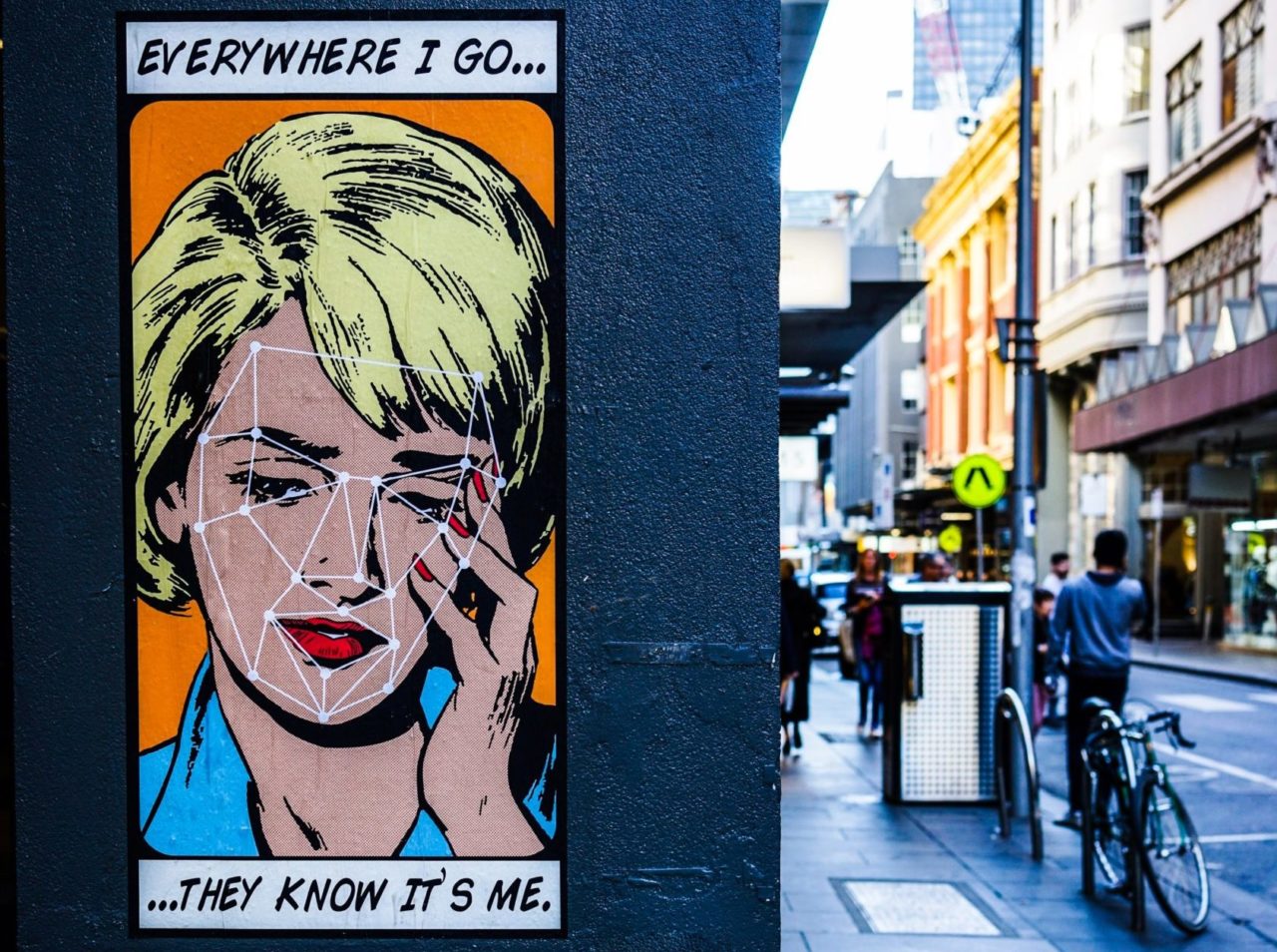A newly released film, The Social Dilemma, has left many viewers traumatised after watching the docudrama which focuses on the realities of social media. According to Netflix, the “documentary-drama hybrid explores the dangerous human impact of social networking, with tech experts sounding the alarm on their own creations.”
The documentary contains interviews with experts who have been employed at Facebook, Google and Instagram who all have similar sinister views about the internet. The film was brought to my attention by my 17-year old daughter who had been shocked at how every single action many of us take on social media is carefully monitored and recorded. This wasn’t so much of a revelation, but I don’t think she, or I, realised that these companies employ entire teams of engineers whose job is to use your psychology against you. This makes for very disturbing viewing.
Social media and endless Apps have been integrated into our daily lives for years now. Facebook allows us to stay connected with friends and family around the world, Twitter gives us a read of what the public is feeling on any given subject. The majority of our children and their friends communicate via SnapChat and spend much of their spare time watching TikTok videos.
As poignantly argued in The Social Dilemma, if you don’t pay for the product – you are the product. Facebook, Twitter etc are all free to use – but, according to this film, that doesn’t mean we’re not paying a price. Tech companies make billions out of our behaviour, every action we make online is monitored and helps to build a picture of who we are as individuals: what we like, what we don’t like, what makes us angry, what makes us sad… This information then feeds the algorithm, and informs what content we’ll be served at a later date – again, with the aim of keeping us engaged for longer periods of time.
Social media is not all bad, it can also inform, enlighten, instruct. We know this. It can allow the body to sit still, to breathe and rest, to find like minds and find some peace in that. And social media during a worldwide pandemic? It’s completely necessary. It can be a lifeline. But this is where things get tricky. As explained in The Social Dilemma, most of the good qualities of social media can be flipped. What was once good is now addictive and being used by others to influence our opinions and habits.
So, what can we do to minimise this and take control of the mindless scrolling?
The first step is not to address what you are accessing on social media, but why. Social media content can be incendiary, incorrect, toxic even. But, no matter how much we are aware of this, everyone can get sucked into the scrolling. Why?
For one, social media changes the brain. It can trigger a dopamine hit, which ultimately is unable to be filled. It can generate chronic distraction, wreaking havoc on our self-control, our priorities. Social media feeds a deeper addiction: a need for certainty. We all want clear answers to how our lives play out, but this can lead to extreme anxiety.
So, do we need to quit social media altogether, or is there a middle ground? Is it silly to like being “liked?” How many cat videos is one too many? Where would you start anyway? Small steps can make a big difference:
– Be accountable. Tell someone (spouse, friend, colleague) about a potential social media addiction. The simple act of putting it out there, into the universe can help.
– Secondly, put boundaries in place. Schedule social media breaks. Replace scrolling with a book or a film.
– Thirdly, become more aware. Don’t allow yourself to reach for your phone when the brain registers boredom or discontent.
– Finally, some may find it useful to download a ‘screen time tracker’ such as StayFree, this can allow you to stay focused by restricting your usage of certain apps.
The Social Dilemma does end on a slightly more optimistic note, mentioning “our social dilemma” and encouraging viewers to reclaim their own technology usage, while highlighting that real change often comes as a result of public pressure.
A recent review called it “ the single most lucid, succinct, and profoundly terrifying analysis of social media ever created”. Food for thought… But for now, let us ask you how many notifications you have had flash up on your phone while you were reading this?
The Social Dilemma premiered at The Sundance Film Festival in February but is available to watch on Netflix now.

